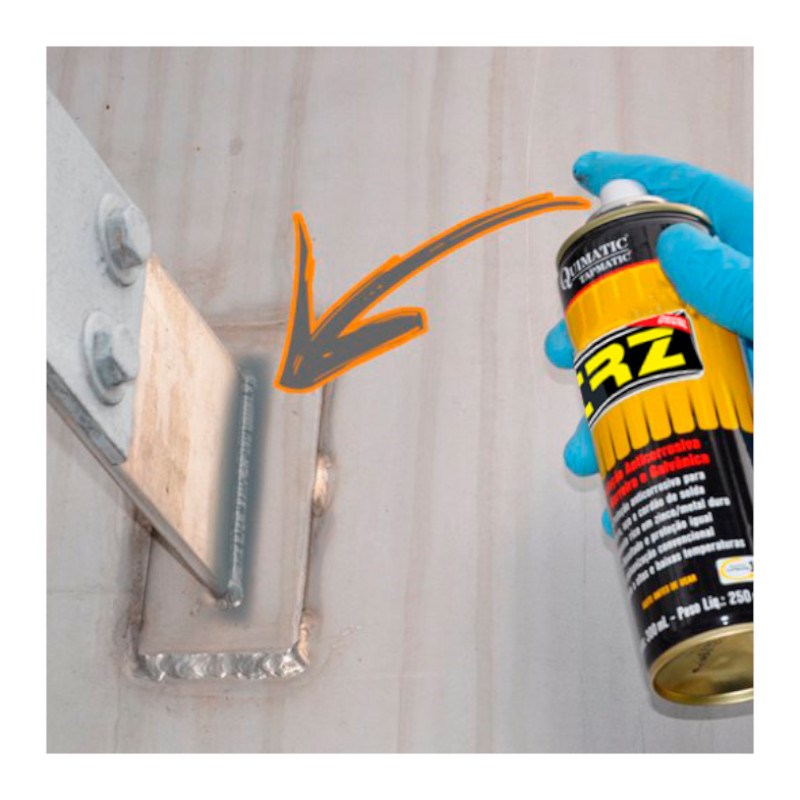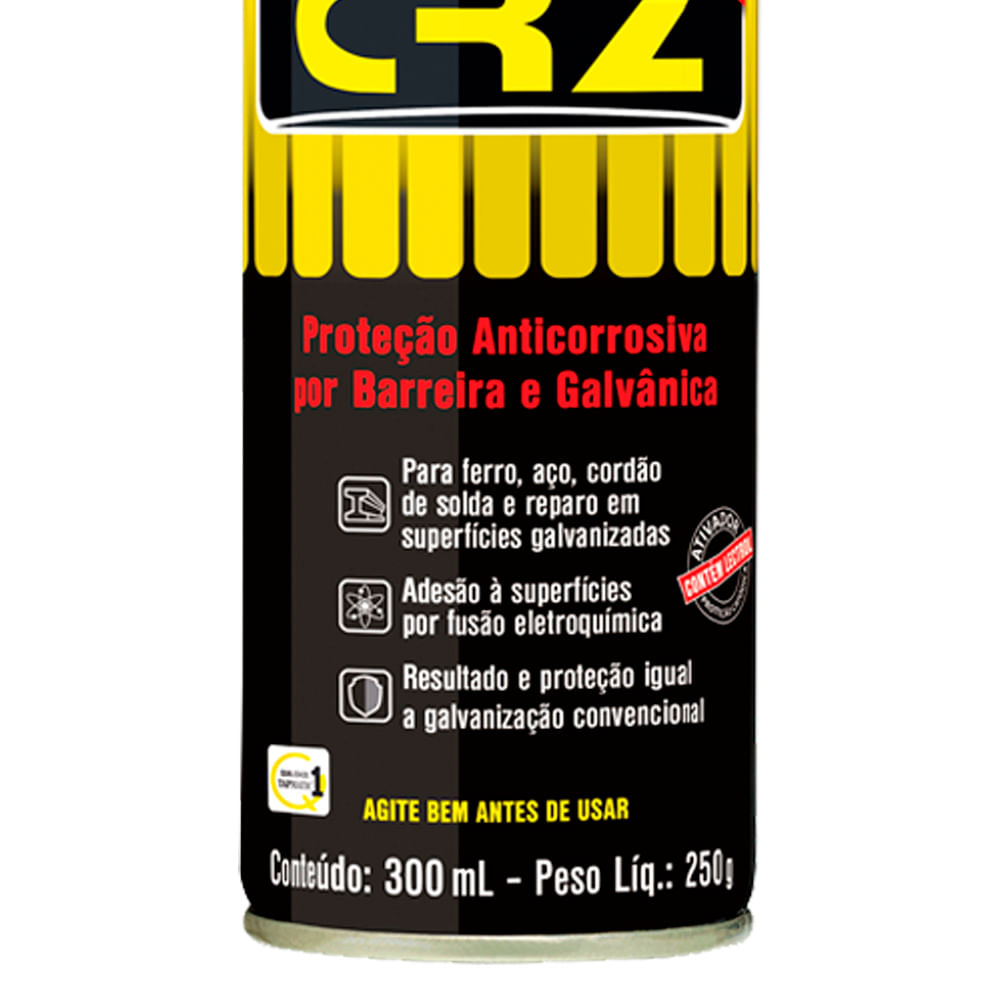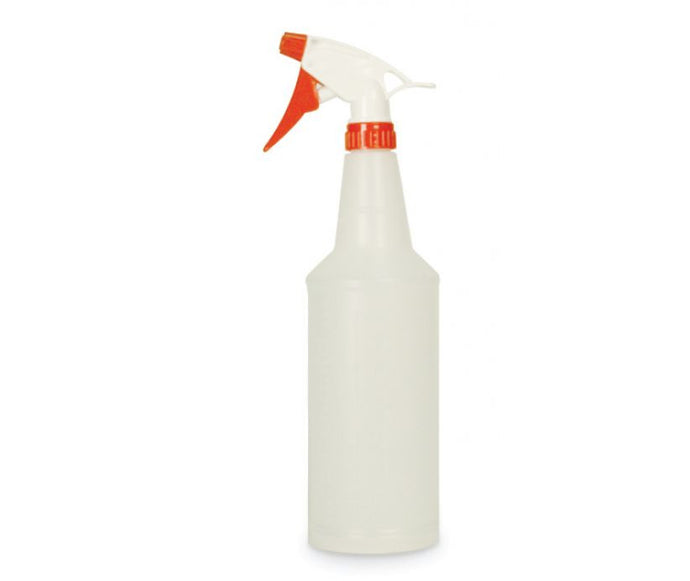
#Total hygiene dm1 spray series
Methods: Case series including all children (<18 years) admitted with COVID-19 to a tertiary paediatric hospital from march/2020 to august/2021. Cardiac involvement may result from direct viral cytopathic myocardial injury, hypoxic-induced ischemia and exaggerated inflammatory response. Although COVID-19 is usually mild in the paediatric population, children may be severely affected. Simoes, Joao Ferreira 1 Lemos, Ana Pereira 1 Valsassina, Rita 1 Garcia, Ana Margarida 1 Silva, Tiago Milheiro 1 Gouveia, Catarina 1 Laranjo, Sergio 2 Trigo, Conceicao 2 Pinto, Fatima 2 Brito, Maria Joao 1ġPaediatric Infectious Diseases Unit, Department of Paediatrics, Hospital Dona Estefânia, Centro Hospitalar Universitário de Lisboa Central, Portugal 2Paediatric Cardiology Department, Hospital de Santa Marta, Centro Hospitalar Universitário de Lisboa Central, Lisbon, Portugalīackground: Until august 2021, 144015 children and adolescents under 18 years old were diagnosed with SARS-CoV-2 infection in Portugal. Keywords: covid-19, cardiac involvement, paediatricĬardiac involvement in a paediatric cohort with COVID-19 However, in this study, it is higher than the reported in studies made with adults, and it can give information for the understanding of the immunity to COVID-19 in the long term.

Pneumonia was associated with severe disease (<0,01) however, in most cases, antibodies were not detected (p=0,015).Ĭonclusion: The duration of antibodies after the infection by SARS-CoV-2 in pediatric age remains unknown. Three of those patients had a chronic disease. As for severity, 10% had mild disease, 50% moderate, 30% severe and 10% critical.

The rest of 20/45 were symptomatic patients, and their diagnosis were pneumonia (13), COVID-19 (5), small infant sepsis (1) and CNS disease (1). 25/45 were asymptomatic and hospitalized for another pathology. Of the 45/207 (21,7%) patients who did not develop antibodies, the median age was 5 years (min 21 days max 18 years), and 62% were male. The antibodies were detected with a median of 4 months post-infection (min 1 month max 13 months). 30% of these had a chronic disease, and 4,4% were on immunosuppressants. Of these 91 symptomatic cases, 9% had mild disease, 40% moderate, 15% severe and 36% critical. The remaining 91 of 162 cases were symptomatic, and the diagnosis was multisystemic inflammatory syndrome associated with COVID-19 (MIS-C) (17,9%), COVID-19 (16%), pneumonia (13,6%), small infant sepsis (5%), CNS disease (2,3%) and myocarditis (1,2%). 71/162 (43,8%) were asymptomatic and hospitalized for another pathology. The median age was 6 years (min 13 days max 17 years), 60% were male. Results: From a total of 207 patients, 162 (78,3%) developed SARS-CoV-2 antibodies. The method used was electrochemiluminescence with the reagent Elecsys® Anti SARS-CoV-2 from Roche. Methods: Descriptive study of the serological condition of patients under 18 after their hospitalization due to COVID-19, from April 2020 to May 2021. However, the results in pediatric age are limited, and the immune response to the virus is poorly known.Īim: Evaluate the serological response of hospitalized patients suffering from SARS-CoV-2 in a tertiary pediatric hospital. Introduction: When the pandemic started, the serological tests for SARS-CoV-2 were quickly developed.


Vasconcelos, Joana 1 Matos, Vitória 2 Brito, Maria João 1ġPediatric Infectious Diseases Unit, Hospital Dona Estefânia, CHULC, Portugal 2Immunology and Infectious Serology Department, CHULC, Lisbon, Portugal Serological tests for post SARS-COV-2 infection in pediatric age Keywords: COVID-19, SARS-CoV-2 antibodies, Pediatric age


 0 kommentar(er)
0 kommentar(er)
